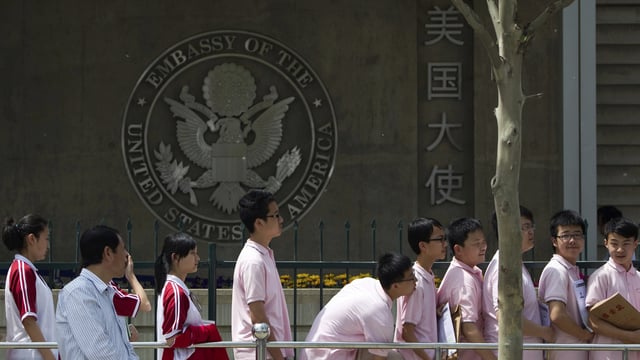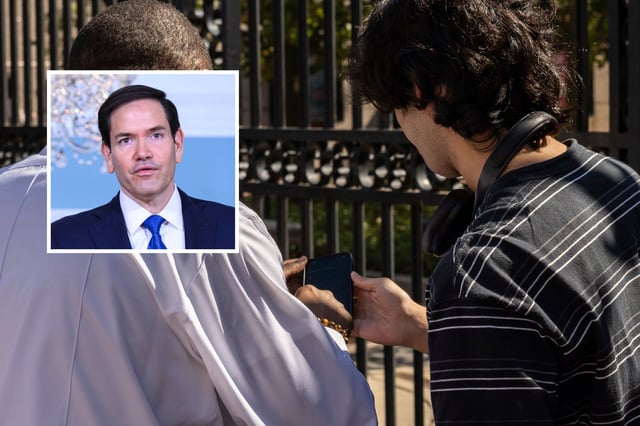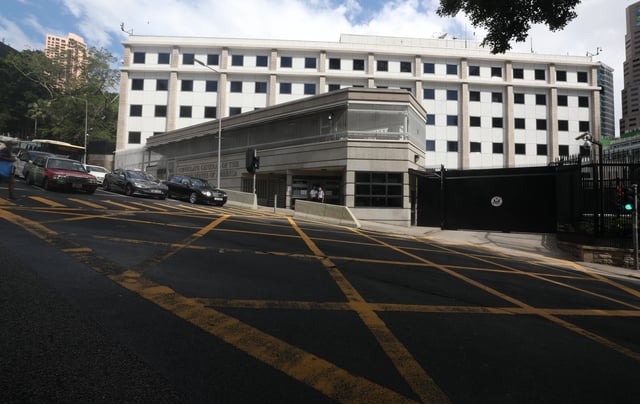Overview
- The State Department resumed student visa interviews on June 18 after a monthlong pause to implement new social media vetting requirements.
- Under the new policy, applicants for F, M, and J visas must set their social media privacy settings to public so consular officers can review posts for hostility toward U.S. values, support for foreign terrorists, or antisemitic activity.
- Applicants who refuse to unlock their profiles risk visa denial if officers interpret the refusal as an attempt to conceal online content.
- Thousands of prospective students, particularly from China, India, Mexico, and the Philippines, have been closely monitoring appointment portals ahead of the fall term.
- Rights groups caution that mandating public social media checks could chill protected political expression and echoes Cold War–style ideological screening.



